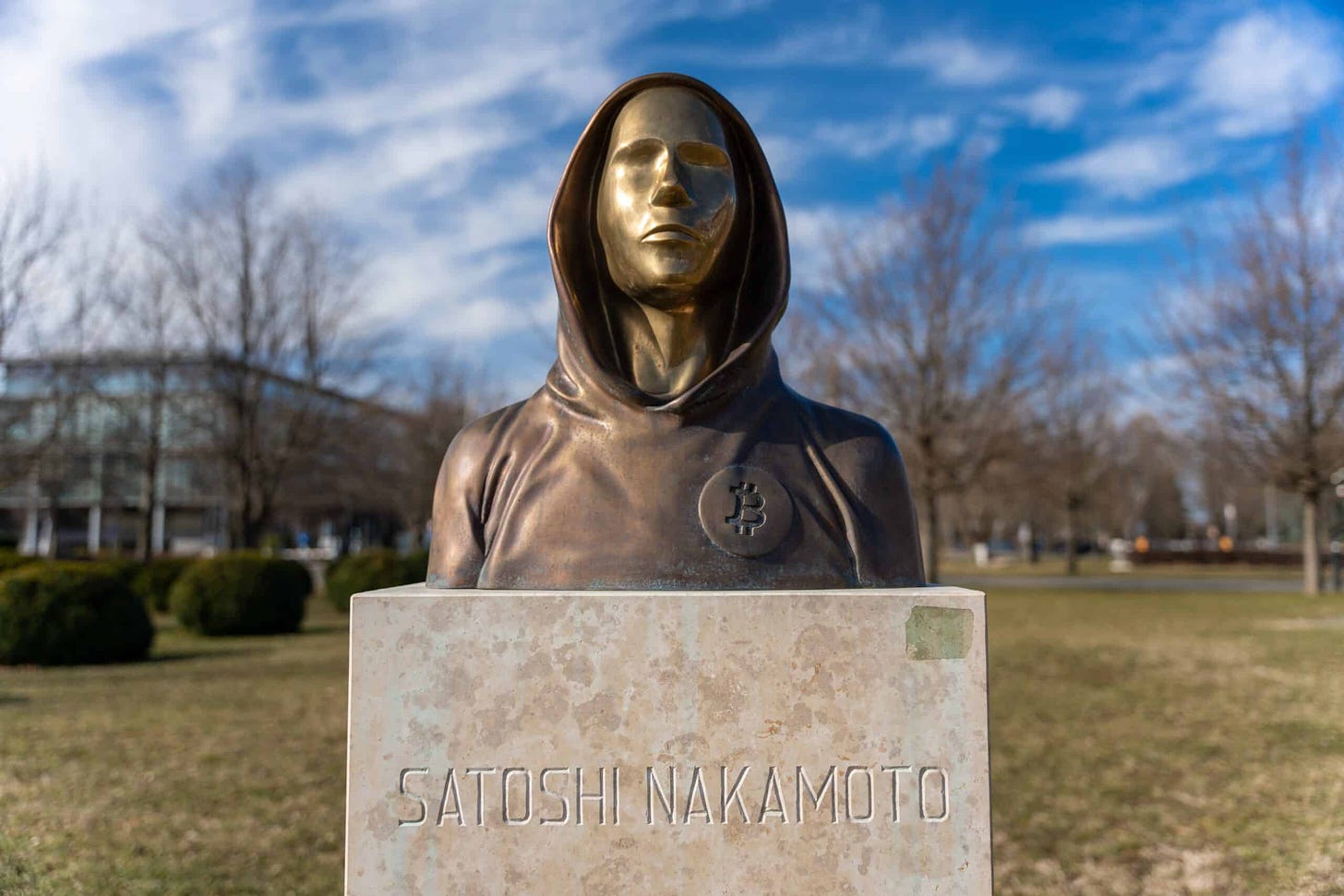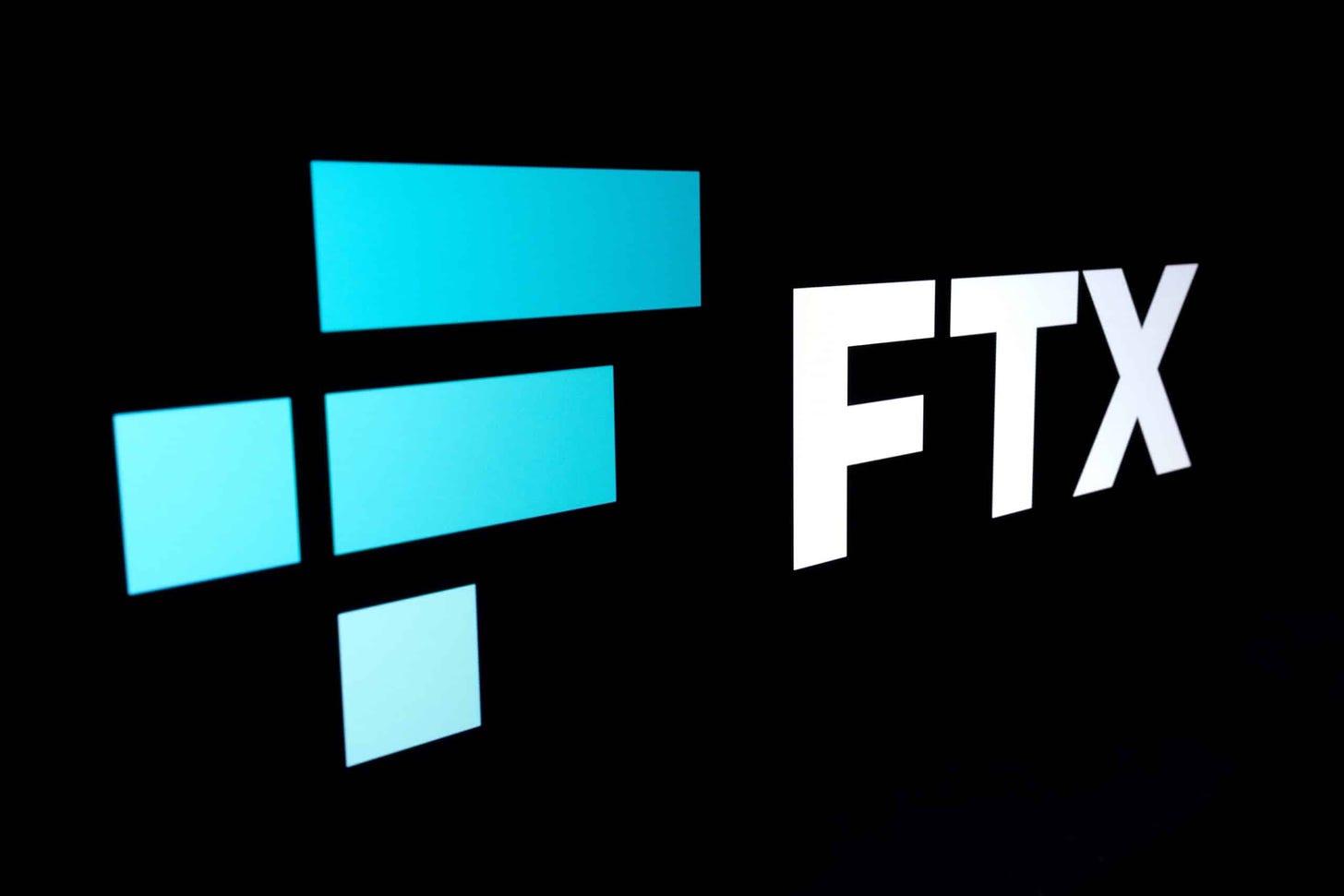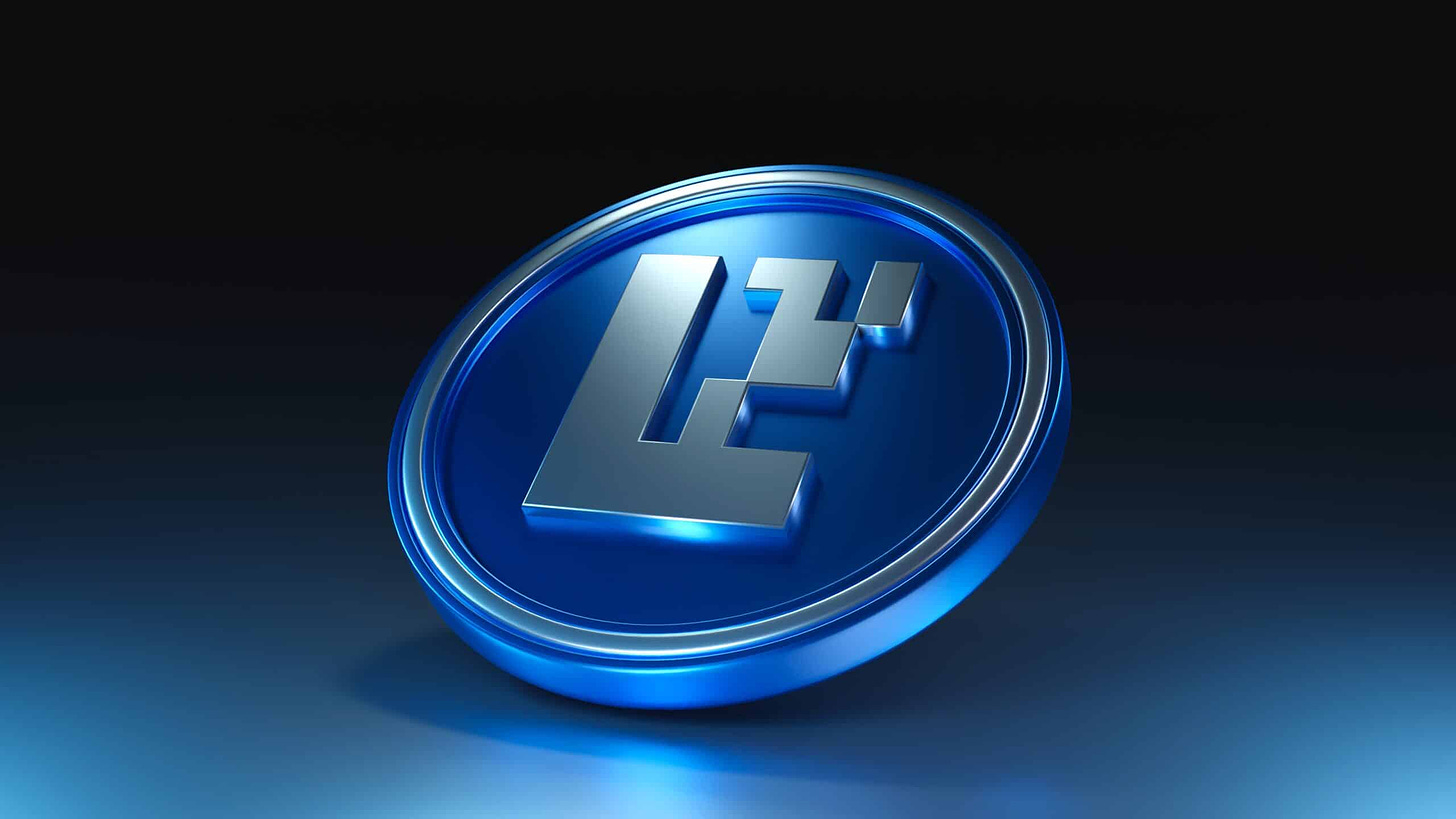What Do You Think of His Actions?
Weekly News Recap: 🎥 HBO claims Peter Todd is Satoshi, 💸 FTX creditors set for $16.5B payout, 🚨 FBI’s crypto sting with NexFundAI, ⚖️ Crypto.com sues SEC, 🔗 Uniswap launches Unichain, and more!
You are reading the Unchained Weekly newsletter, where we cover all the major news in the crypto space, providing insights into the market's latest trends, regulatory shifts, and technological advancements. Stay informed with your no-hype resource for all things crypto.
FTX’s Ryan Salame Is Going to Prison. Here’s What He Has to Say
As former FTX executive Ryan Salame heads to prison, he blames Alameda’s lawyers, says prosecutors misled his attorneys, and explains why he thinks Caroline Ellison is at least as guilty as Sam Bankman-Fried.
Ryan Salame, the former CEO of FTX Digital Markets, is headed to prison, but not before sharing his side of the story. Ryan talks candidly about the decisions he made at FTX, why he withdrew millions of dollars worth of assets in the days leading up to its bankruptcy, and the backstory behind the Thai prostitute trading scheme to unfreeze Alameda’s funds in China. He also disputes the claims about his campaign finance violations, while explaining why he thinks Caroline Ellison is “at least as guilty as SBF” and that Nishad Singh lied.
Listen to the episode on Apple Podcasts, Spotify, Pods, Fountain, Podcast Addict, Pocket Casts, Amazon Music, or on your favorite podcast platform.
Weekly News Recap
HBO Documentary Identifies Peter Todd as Satoshi Nakamoto
The new HBO documentary Money Electric: The Bitcoin History claims Peter Todd, a former Bitcoin Core developer, is the elusive creator of Bitcoin, Satoshi Nakamoto. Directed by Cullen Hoback, the film points to chat logs and forum posts where Todd allegedly hinted at his connection to Satoshi. One message, in particular, described Todd as the "world's leading expert on how to sacrifice your bitcoins," which Hoback interprets as a confession that Todd destroyed access to Nakamoto’s 1.1 million bitcoins.
However, Todd vehemently denied the claims, calling them "ludicrous" and telling CoinDesk flatly, "I’m not Satoshi." The documentary has fueled widespread criticism in the crypto community, with many dismissing Hoback’s theory as baseless. Notably, past speculation about Nakamoto’s true identity has named crypto figures such as Nick Szabo, Hal Finney, and Adam Back, all of whom have also denied the claims.
SEC Sues Cumberland DRW for Unregistered Crypto Trading
The U.S. Securities and Exchange Commission (SEC) has charged Chicago-based trading firm Cumberland DRW LLC with acting as an “unregistered dealer” in cryptocurrency transactions. According to the SEC, Cumberland bought and sold over $2 billion worth of crypto assets— including tokens such as SOL, ALGO, and FIL—without registering as a securities dealer, violating federal law.
The SEC is seeking disgorgement of profits and civil penalties. Cumberland responded by defending its compliance framework, accusing the SEC of using an "enforcement-first" approach despite years of discussion between Cumberland and the agency. The firm vowed to continue its operations and maintain liquidity for the assets in question.
Crypto.com Sues SEC Over Regulatory Overreach
Crypto exchange Crypto.com has filed a lawsuit against the SEC, accusing the agency of exceeding its regulatory authority over the cryptocurrency industry. The lawsuit comes after Crypto.com said it had received a Wells notice, indicating that the SEC might take enforcement action, claiming that tokens traded on its platform are securities.
The crypto exchange argues that the SEC’s approach is arbitrary and that it has imposed rules without proper legislative procedures. In a separate filing, Crypto.com also petitioned the SEC and the Commodity Futures Trading Commission (CFTC) to clarify which agency has jurisdiction over cryptocurrency derivative products.
Speaking of the SEC, Politico reported that Robinhood's chief legal officer Dan Gallagher could potentially lead the agency (currently led by Gary Gensler) if Donald Trump wins the presidency. Gallagher’s nomination could mark a significant shift given his past criticism of the agency's approach to regulating digital assets.
FTX Creditors to Receive Up to $16.5 Billion in Payouts
A U.S. bankruptcy court has approved FTX's reorganization plan, setting the stage for creditors of the now-defunct crypto exchange to receive up to $16.5 billion in recovered assets. While this payout is significant, experts caution that its impact on the broader crypto market may be limited.
The repayment process will unfold in phases. Smaller creditors with claims under $50,000 will be paid first, likely within 60 days after the plan’s effective date, which is currently estimated to be in late October. Larger creditors, who are collectively owed around $9 billion, may have to wait until early next year for their compensation.
Despite speculation that these distributions could inject liquidity into the crypto market, Kyle, a key advocate for FTX creditors also known as Mr. Purple on social media, believes this is unlikely. "Almost none of [the claims buyers] will redeploy into crypto," he said, citing restrictions on many of the investment funds with claims in the case.
Caroline Ellison Settles With FTX Estate
Following the approval of FTX’s reorganization plan, former Alameda Research CEO Caroline Ellison has agreed to transfer most of her assets to the FTX bankruptcy estate. This settlement aims to help recover funds for creditors affected by FTX’s collapse. The amount of assets Ellison will be transferring was unclear, but the settlement filing noted that FTX’s bankruptcy estate sued Ellison in 2023, seeking to recover $22.5 million in bonus payments given to her 2022 and $6.3 million in bonuses from 2021. Ellison will forfeit assets not already claimed by the government or used for legal expenses, and has pledged cooperation with ongoing investigations into the FTX case. The agreement follows Ellison’s recent two-year sentence for her role in the exchange's downfall, which caused billions in losses.
FBI Launches Crypto Token ‘NexFundAI’ to Expose Crypto Scammers
In an unprecedented sting operation, the FBI created its own cryptocurrency, NexFundAI, to entrap market manipulators in the crypto space. An unsealed indictment reveals charges against 18 individuals and four crypto firms—Gotbit, CLS Global, MyTrade, and ZM Quant—for engaging in wash trading, artificially inflating token prices for profit.
Jodi Cohen, Special Agent in charge of the FBI’s Boston Field Office, called the case a landmark event in fighting crypto fraud. The investigation uncovered widespread manipulation, and the U.S. Attorney’s Office highlighted the fact that fraudulent practices such as wash trading, which are banned in traditional markets, are also illegal in cryptocurrency.
Bitfinex Named Sole Victim in 2016 Hack
The U.S. government has stated in a recent filing that Bitfinex may be the sole victim of the 2016 hack involving Ilya Lichtenstein and Heather Morgan. Lichtenstein and Morgan, who pleaded guilty to laundering 119,754 Bitcoin (worth around $70 million at the time of the hack), have asserted that the crypto exchange is the only entity entitled to restitution.
Despite this, the government has requested that the court allow Bitfinex customers to present any claims before the sentencing of Lichtenstein and Morgan in November. This cautious approach aims to ensure that all potential victims have a chance to be heard. Bitfinex had previously redeemed all BFX tokens issued to affected customers by 2017.
Uniswap Labs Launches Unichain Layer 2 to Improve DeFi
Uniswap Labs has introduced Unichain, a Layer 2 solution built on Optimism’s Superchain, to address DeFi’s fragmented user experience. The platform, developed in partnership with Flashbots, aims to provide faster, cheaper transactions with block times of 200-250 milliseconds.
Unichain focuses on improving cross-chain liquidity, allowing users to easily access funds across multiple networks. It also introduces a validation network involving UNI stakers, offering more decentralization compared to other Layer 2s with centralized sequencers.
Uniswap Labs CEO Hayden Adams emphasized the goal of unifying DeFi liquidity and creating interoperability across chains, starting with the Superchain ecosystem. Unichain’s structure also distributes transaction fees among sequencers, validators, and stakers, making it more decentralized and secure than traditional platforms.
Crypto Sleuth Exposes Memecoin Analyst’s Wallets
Blockchain investigator ZachXBT stirred up the memecoin community by revealing the wallets of Murad Mahmudov, a prominent memecoin promoter with over 200,000 followers on X. ZachXBT disclosed 11 wallets of Mahmudov’s, claiming that they hold around $24 million in memecoins, allowing the community to track Mahmudov’s future activity.
The crypto sleuth accused Murad of making bold predictions while controlling the supply of these memecoins, saying, “People deserve to make more informed decisions.” The reveal sparked backlash, with some accusing ZachXBT of endangering Murad, while others defended his move, noting that blockchain data is publicly accessible.
Ethereum Proposal Seeks to Increase Network Throughput by 50%
A new Ethereum Improvement Proposal, EIP-7781, introduced by Nethermind contributor Ben Adams, aims to significantly enhance Ethereum’s performance by reducing slot times from 12 seconds to eight. This adjustment could increase the network’s transaction throughput by up to 50%, according to Ethereum Foundation researcher Justin Drake, who supports the proposal.
By shortening slot times, Ethereum would be able to produce blocks more frequently, improving transaction efficiency. Drake highlighted that this change could save decentralized exchanges like Uniswap up to $100 million annually in arbitrage. However, the proposal raises concerns about increased bandwidth requirements for validators, potentially impacting less-resourced solo stakers and decentralization.
EigenLayer Faces Backlash After $5.5 Million Token ‘Hack’
EigenLayer, the largest Ethereum restaking protocol, is under fire after a malicious actor exploited an email thread between an investor and the platform’s custodial service, resulting in the theft of over 1.6 million EIGEN tokens, valued at $5.5 million. The attacker swiftly sold the stolen tokens, raising concerns about the protocol’s security practices and manual handling of token transfers.
Despite EigenLayer's claims that this was an “isolated incident” and not a vulnerability within its protocol, some community members are questioning the platform's internal processes. Critics argue that the lack of a vesting contract enabled the unauthorized transfer, sparking concerns about oversight and control. “We trust Web3 to eliminate human error with smart contracts, but many projects still rely on manual handling of token vesting. This needs to stop,” said Andreas Pensold, CEO of Pindora.
The incident has fueled skepticism within the crypto community, with many questioning the protocol’s handling of sensitive investor transactions.
Scroll Faces Criticism Over Token Launch
Ethereum-based Layer-2 protocol Scroll is facing significant backlash for allocating 5.5% of its SCR token supply to Binance's Launchpool, sparking accusations that the distribution favors large investors on the exchange. Critics claim that giving Binance whales an early opportunity to farm tokens for just two days hurts smaller investors who have supported Scroll’s development for over a year.
DeFi researcher @defiignas expressed frustration, calling it "crazy" that such a large percentage was allocated to Binance users for short-term farming. Other community members echoed this sentiment, with @gmaazs, a community manager for Airdrop Finder, expressing concern about being "front-run by some whale on Binance."
Scroll defended its decision, explaining that partnering with Binance helps reach underserved markets, particularly in developing countries. Binance CEO Richard Teng responded to the criticism, stating that Launchpool allocations are capped and strictly for users, with strong monitoring controls in place to ensure fair access to tokens.
FUN BITS: Is the FBI Breaking the Law?
You know how we previously told you about the FBI creating their own crypto token, NexFundAI, to catch market manipulators? Well, it turns out the FBI might be breaking the law... their own smart contract law, that is!
X user @0xCygaar called them out on the social network, pointing out that the FBI's smart contracts copied code from OpenZeppelin’s libraries without including the required MIT license. The MIT License clearly states, "this permission notice shall be included in all copies," but it seems the FBI skipped that part. Guess even the Feds aren’t above forgetting to read the fine print!













